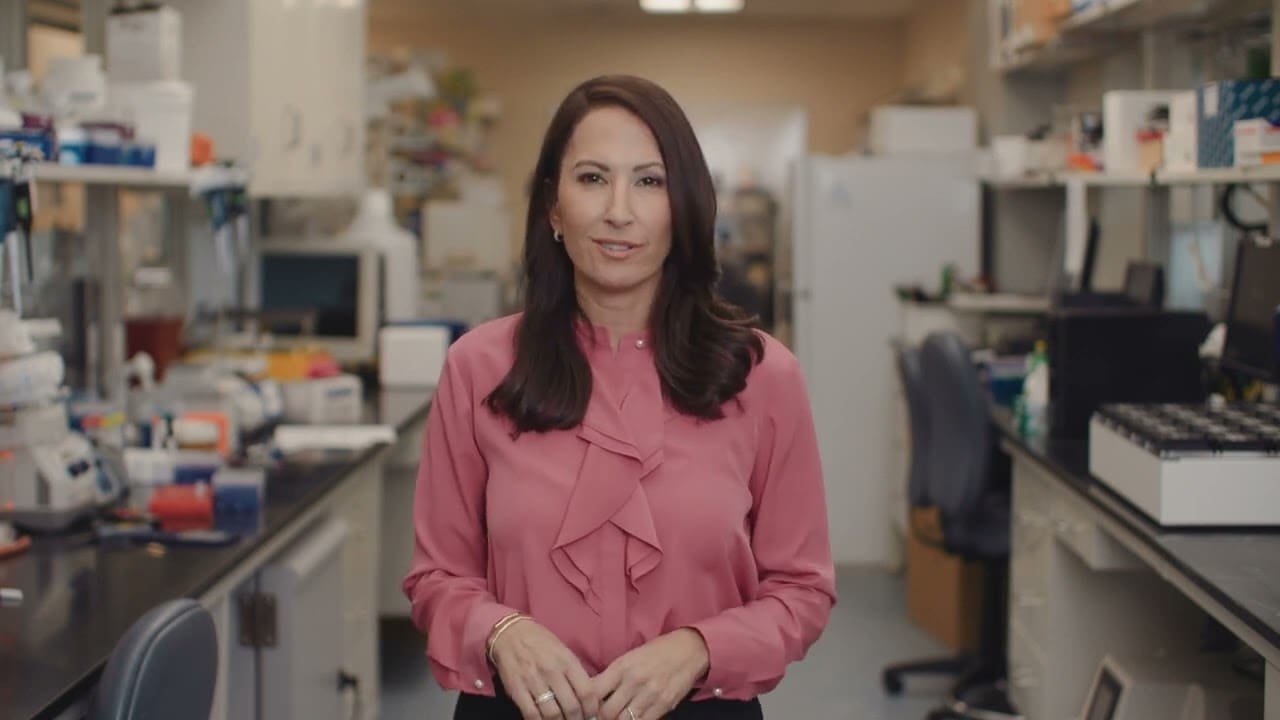A Community’s Hope
In the bustling heart of Miami-Dade County, a silent yet pervasive threat looms – Alzheimer’s disease. With the county recording the highest prevalence of this neurodegenerative disorder in the United States, the University of Miami Health System (UHealth) is at the forefront of groundbreaking research. Spearheaded by Dr. Margaret Pericak-Vance, a renowned human geneticist, her team at the John P. Hussman Institute for Human Genomics, and leading investigators from Case Western University, Columbia University, and Wake Forest University, as well as investigators in Africa, UHealth is unraveling the mysteries of Alzheimer’s, particularly in diverse populations.
The Growing Concern:
Carolyn Banks’s story is not uncommon. As she noticed her older sister’s memory fading, her own brain health became a source of concern. This personal experience is reflective of a larger, more troubling trend observed in Miami-Dade County. The fear of memory loss, difficulty in recalling words, and names slipping away are signs that resonate with many in the community.
A Focus on Genetics and Diversity:
Dr. Pericak-Vance’s research is pivotal in understanding why certain populations are more susceptible to Alzheimer’s. Studies indicate that Hispanic and African Americans face a 1.5 to 2-fold increased risk compared to non-Hispanic Europeans. The key lies in genetic research which focuses on populations typically underrepresented in genetic research: individuals with African and Hispanic ancestry. By analyzing blood samples to sequence genes, the team at the Hussman Institute aims to uncover the genetic causes of Alzheimer’s and develop effective treatments and therapies that cater to all populations.
Understanding Genetic Variants:
The crux of the research involves identifying specific genetic variants that increase Alzheimer’s risk. “Everyone has these genes, but what does a particular variant or change do? How does it increase Alzheimer’s risk?” These questions drive the team’s research. Understanding the mechanism behind these genetic changes is crucial for developing targeted interventions.
The DAWN Project:
Central to this endeavor is the DAWN Alzheimer’s Research project, which will enroll 13,000 individuals over five years, including 4,000 Hispanic Latinos, 4,000 African Americans, and 5,000 Africans. This diverse study is vital in understanding Alzheimer’s in different race/ethnic groups.
Community Engagement and Participation:
Carolyn Banks’s participation in the research highlights the importance of community involvement. Activities involving memory exercises and social interaction are part of the study, emphasizing the role of mental and social stimulation in brain health. Carolyn’s engagement, driven by her desire to help others like her sister, underscores the need for community awareness and education in tackling Alzheimer’s.
Conclusion:
The University of Miami’s commitment to Alzheimer’s research is more than a scientific pursuit; it’s a beacon of hope for communities grappling with the disease. By focusing on genetic research and diverse participation, UHealth is not only advancing our understanding of Alzheimer’s but also fostering a sense of empowerment and solidarity among those affected. As Carolyn Banks and many others join this fight, their involvement echoes a powerful message – in the face of Alzheimer’s, no one stands alone.

